In the world of sports, where talent knows no bounds, gender barriers have long hindered equality. Despite the progress made, historical and contemporary challenges persist, shaping the landscape for female athletes around the globe. The female faces we see in sports today are the fruits of hundreds of women athletes who laid themselves on the social ground as the seeds throughout time to destroy the weed called “gender bias”. In this blog, get to read through the timely events that impacted sports from bringing a ladder of gender norms to a flat track that allows everyone to compete alongside.
Table of Contents
The Era of Immense Sexism
The early known societal sexism started during the Victorian Age. Its ideals had stringent limitations on the way women had to live their lives. It strongly discouraged women by shaping them into gentle and fragile, convincing them to skip any strenuous activity. Myths were all around the street claiming to harm their reproductive organs and becoming unattractive.
Women in this era had to overcome stereotypes to prove that their energy could be spent on getting an education and participating in sports. There are evident stories that narrate the participation of women in sports activities in several cultures if only a few. In Ancient Greece, Spartan women took part in events like javelin throwing, wrestling, and foot races to name a few.
Women in Sports: Defying Expectations
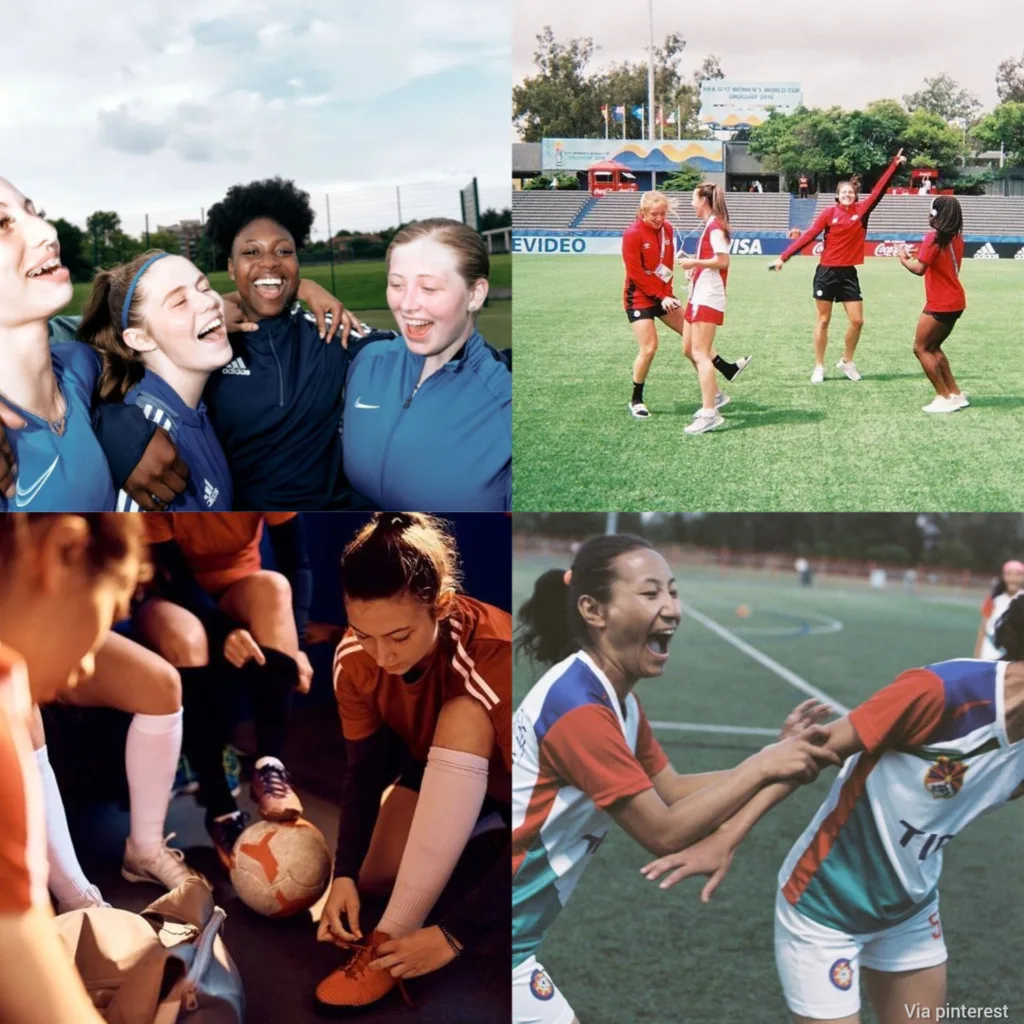
Despite facing systemic discrimination and societal norms, women have defied expectations, excelling in a myriad of sports. From the courts of tennis to the fields of soccer, female athletes have shattered stereotypes and redefined what it means to compete at the highest level.
Serena Williams, with 23 Grand Slam singles titles to her name and 4 medals from the Olympics rose to fame quite colorfully. Williams has not only dominated the sport but has also become a symbol of resilience and determination. But her journey to the top has been marked by countless obstacles, from racial discrimination to gender bias. Yet, she has persevered, inspiring generations of athletes to dream big and never give up.
In team sports, women have also made significant strides, showcasing their athleticism and skill on the world stage. Megan Rapinoe, the captain of the U.S. Women’s National Soccer Team, has not only led her team to multiple World Cup victories but has also been a vocal advocate for gender equality in sports.
Not just on physical levels, women have also paved themselves into the league of big-money events. Formula One, being the most expensive sport in today’s world, has shown how it actively had a history of women participation along with machinery marvels. Maria Teresa de Filippis was the first female driver to race in Formula 1.
Filippis, determined to defy her two older brothers’ doubts, set out to prove them wrong after one wagered the other that she couldn’t drive fast, made her competitive debut in 1948, and accented her way to the 1957 world championship. Her mother’s words of advice were “Go slow and win”. Now, the sport has a separate women’s racing league to help young women races climb their steps to get printed in the pages of history.
Equality in Sports: A Continuing Struggle
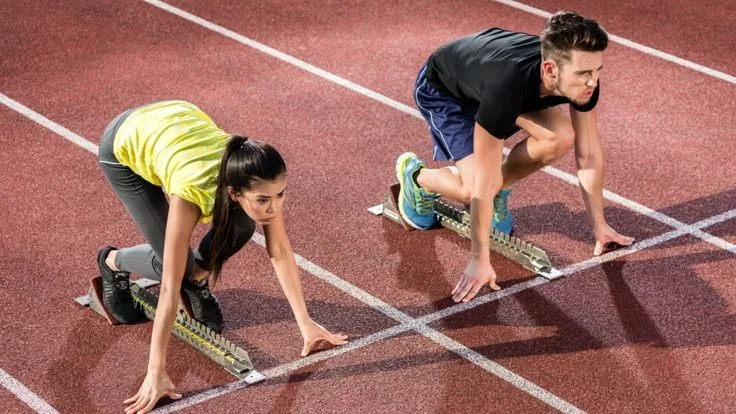
Despite the progress made, gender equality in sports remains an elusive goal. Wage disparities, lack of media coverage, and limited sponsorship opportunities continue to plague female athletes thereby highlighting the need for systemic change.
In 1967, Kathrine Switzer made history as the first woman to officially enter a marathon race. Despite facing attempts from the race manager to remove her upon discovering her gender, Switzer’s determination prevailed as her running partners defended her, allowing her to finish the race. In 1974, she claimed victory in the New York City Marathon.
According to a study by the Women’s Sports Foundation, female athletes receive significantly less media coverage compared to their male counterparts, perpetuating the myth that women’s sports are less valuable or entertaining. This lack of visibility not only affects sponsorship deals but also deprives young girls of role models to look up to and aspire to.
Promoting Gender Equality in Sports: Initiatives and Movements
- #WeNeedToTalk Campaign: Launched by former soccer player Abby Wambach, this campaign aims to spark conversations about gender bias in sports and advocate for equal treatment and opportunities for female athletes.
- Women’s Sports Foundation: This organization focuses on advancing the lives of women and girls through sports and physical activity. They provide scholarships, grants, and advocacy programs to promote gender equality.
- Athlete Ally: This collective community works to end homophobia and transphobia in sports by educating and empowering athletes and coaches to be advocates for LGBTQ+ inclusion which is seemingly helping to make the world aware of their presence.
- Girls on the Run: This program uses running and physical activity to inspire and empower young girls, teaching them valuable life skills and promoting confidence and self-esteem.
- #GirlsWhoPlay: This social media movement celebrates and highlights the achievements of female athletes, encouraging young girls to participate in sports and pursue their athletic dreams.
Redefining the Narrative
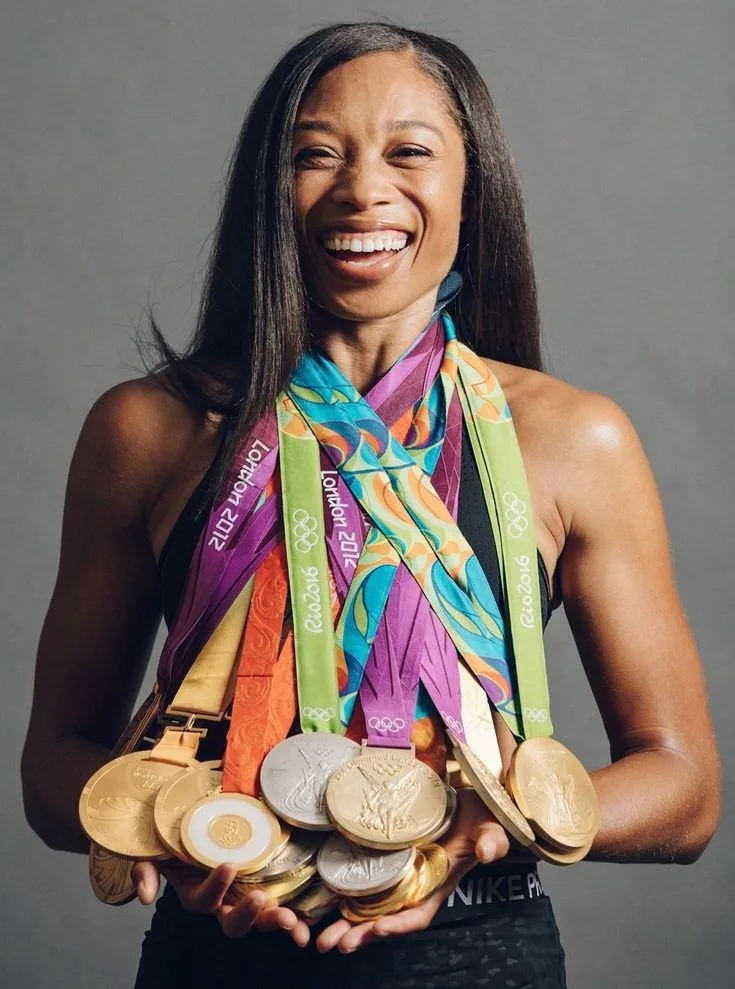
Stereotypes and biases have long hindered the advancement of female athletes. From the belief that women are not as physically capable as men to the objectification of female athletes based on their appearance, these stereotypes can have a profound impact on the confidence and self-esteem of young girls interested in sports.
However, female athletes are challenging these stereotypes head-on, proving that strength, skill, and determination know no gender. Take, for example, Simone Biles, the most decorated gymnast in history. Biles has shattered stereotypes about female athletes’ physical abilities, performing feats of athleticism that were once thought impossible. Her resilience in the face of adversity is a powerful reminder that women can achieve anything they set their minds to, both on and off the field of play.
Challenges Faced by Female Athletes and Strategies for Overcoming Them
Limited opportunities, wage disparities, gender bias, and lack of media coverage hinder female athletes. To overcome these challenges:
- Invest in women’s sports infrastructure and resources.
- Implement equal pay policies and revenue-sharing.
- Educate about gender bias and enforce anti-discrimination measures.
- Increase media coverage and visibility for women’s sports.
Spending more money will increase women’s access to proper infrastructure and thereby have them well-equipped firsthand. Coming up with policies supporting regular flow and money and overlooking the revenue being used in ways to support the ultimatum. This revenue will help in bridging the unequal pay gap between Women’s sports on par with their male counterparts.
Organizing lectures and awareness programs will expose young women to not fall prey to myths and gender discrimination that sabotage their sports dreams. Increased and fair coverage will also help in bringing sponsors as well as change the general perception of women’s sports considered to be less valuable.
By addressing these issues, we can create a more equitable and inclusive sporting environment, ensuring that female athletes have the support and opportunities they deserve to excel in their chosen sports.
From the Pitch to the Podium: Celebrating Female Athletes
The world has begun casting its vision to appreciate and recognize many female athletes who have shed their sweat as blood. All around the globe, countries now have honorary awards that recognize the achievements of their country’s women and take their stories to the streets.
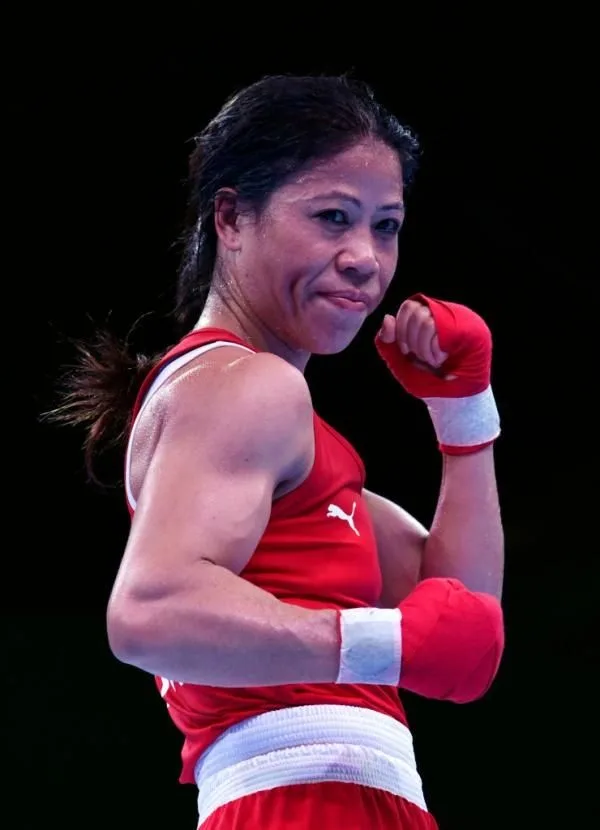
Mary Kom, who has silenced every voice that restricted her basic rights has won big by being the only woman to have won medals in all 7 champion leagues. The Indian government recognized her long list of achievements by awarding her with the Padma Shri in 2010 and the Padma Bhushan in 2013. The government has awarded a series of women athletes thereafter.
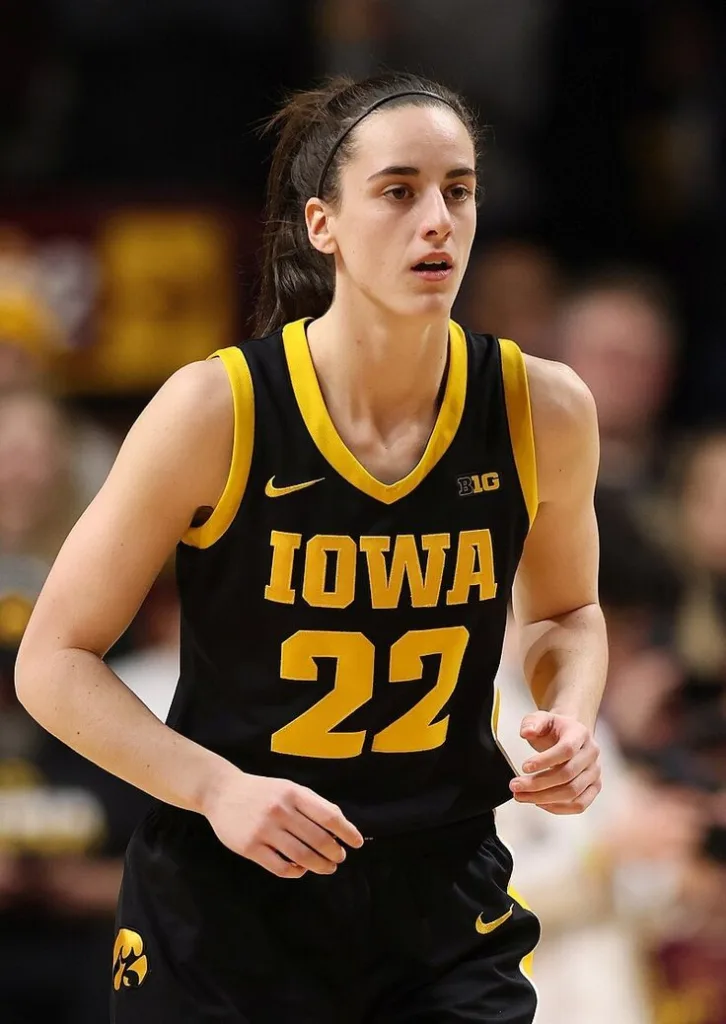
March 3, 2024, marked a historic moment as Caitlin Clark shattered the all-time NCAA scoring record in basketball, a feat unparalleled in both men’s and women’s basketball history. Throughout her collegiate career at the University of Iowa, she has commanded attention with her unparalleled skill, winning the hearts of the crowd and driving ticket prices skyward. With endorsement deals totaling an estimated 3.1 million dollars, she stands as the fourth highest-paid college athlete. Several veteran female basketball players have mounted that she is poised to claim the No. 1 spot in the upcoming WNBA draft.
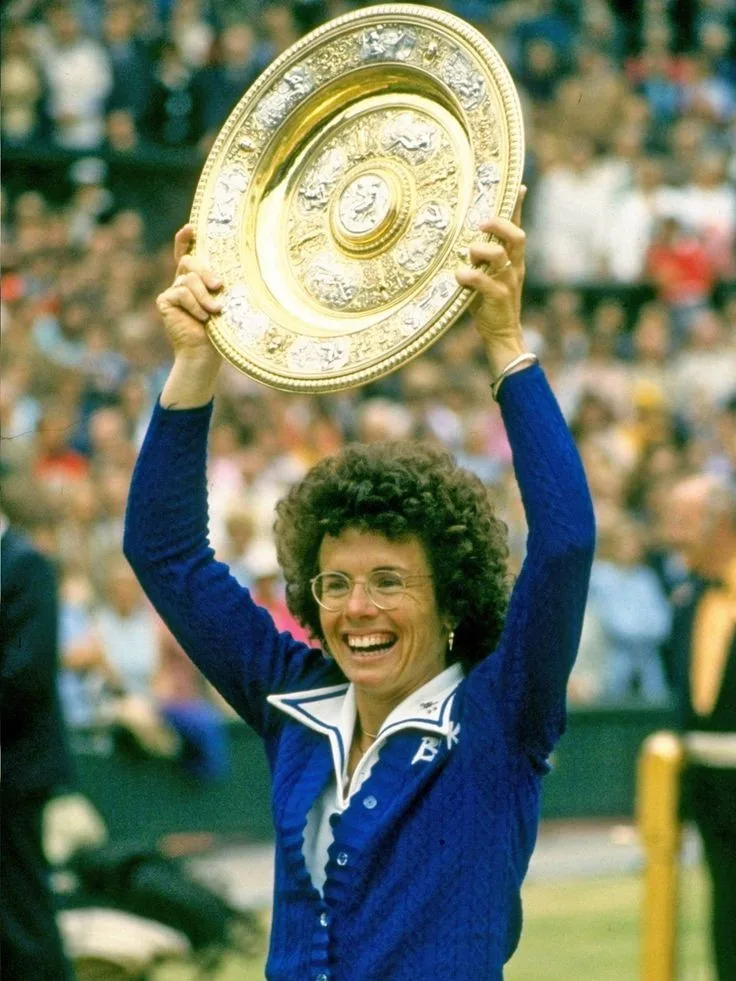
Billie Jean King’s triumph over Bobby Riggs in the “Battle of the Sexes” match reverberates as a symbol of gender equality. Her 1973 victory for equal pay at the U.S. Open reshaped the landscape of sports. Today, her legacy shines as major tennis tournaments offer equal prize money to the winners regardless of the gender category. King’s fearless advocacy for LGBTQ+ rights exemplify her enduring commitment to equality, inspiring generations to stand up and fight for justice as one of the first openly gay female athletes.
Under Armour has led the charge in celebrating female athletes through impactful ad campaigns. Their campaigns spotlight the strength, resilience, and accomplishments of women in sports, inspiring millions worldwide. By amplifying the stories of female athletes, Under Armour continues to endorse gender equality and empowerment in the sporting world. Watch their ad campaign celebrating female athletes.
Gender-Neutral Olympics
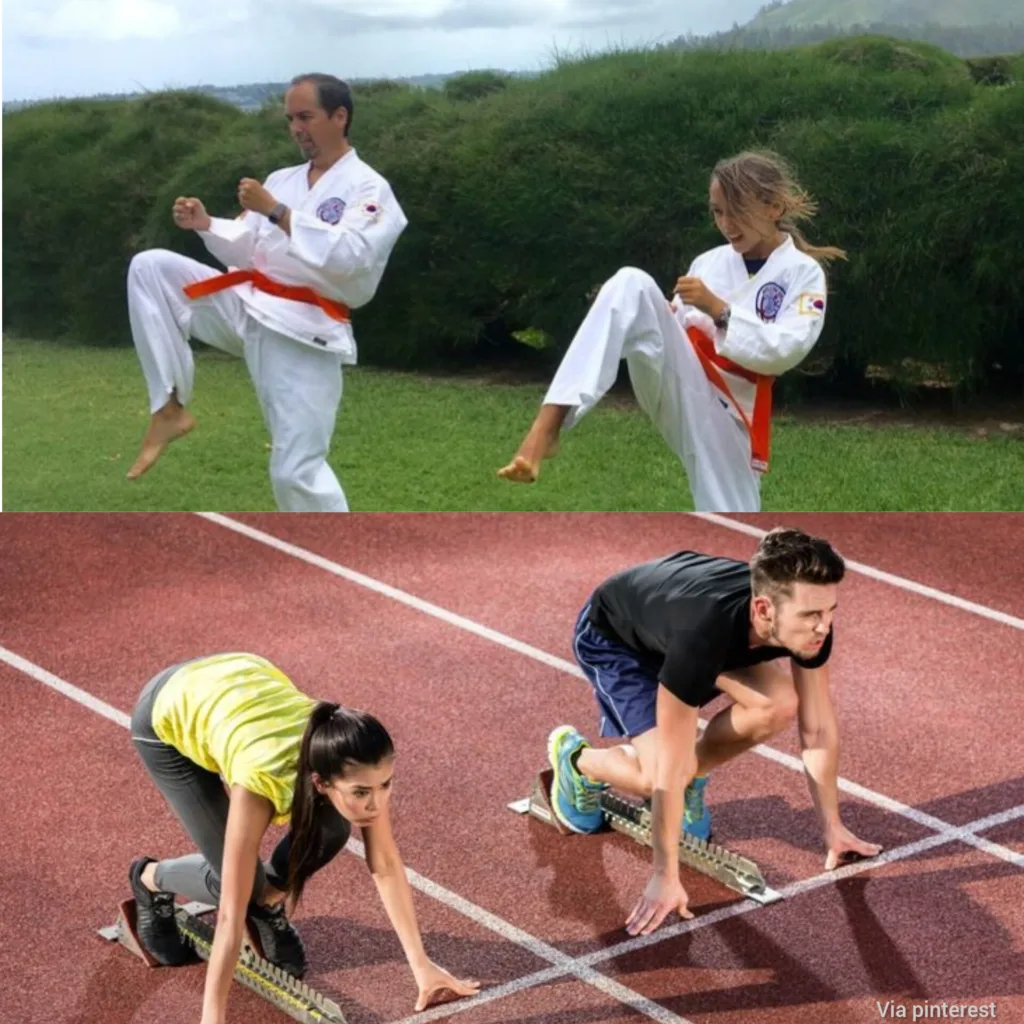
The introduction of gender-neutral events in the Olympics marks a significant milestone in the journey towards inclusivity. By allowing athletes of all genders to compete on equal footing, the Olympics are championing a new era of fairness and diversity in sports.
From subjecting female athletes who took part in the Olympics to a gender test in the 1960s, we have collectively made significant progress.
In conclusion, as we celebrate the achievements of female athletes and the progress made in breaking gender barriers, let us not lose sight of the work that still lies ahead. By championing equality, empowering women, and embracing diversity, we can create a sporting world where every athlete has the opportunity to thrive, regardless of gender.
Also Read: Best Workout Session Tips: Why Should You Eat Before a Workout?

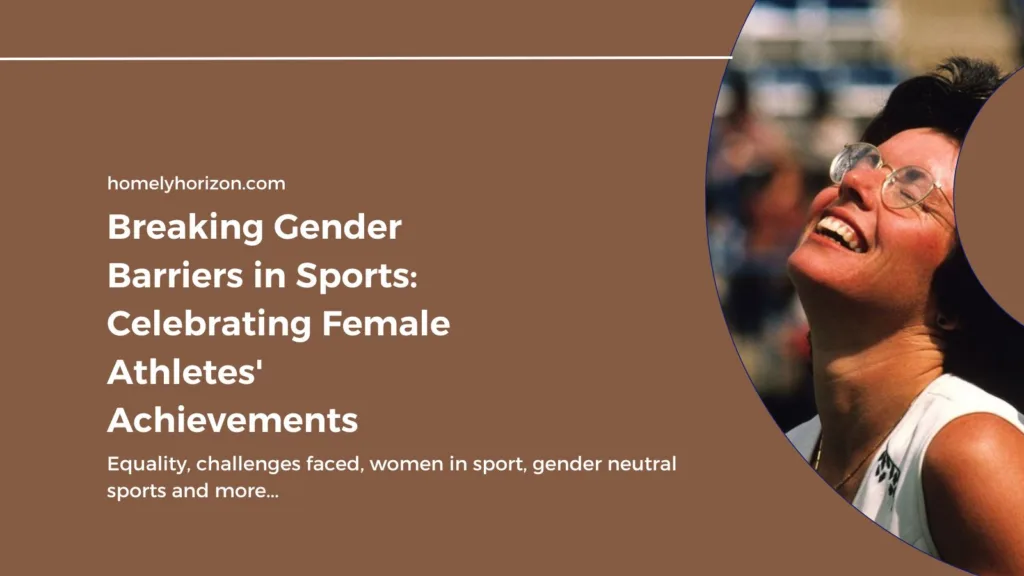
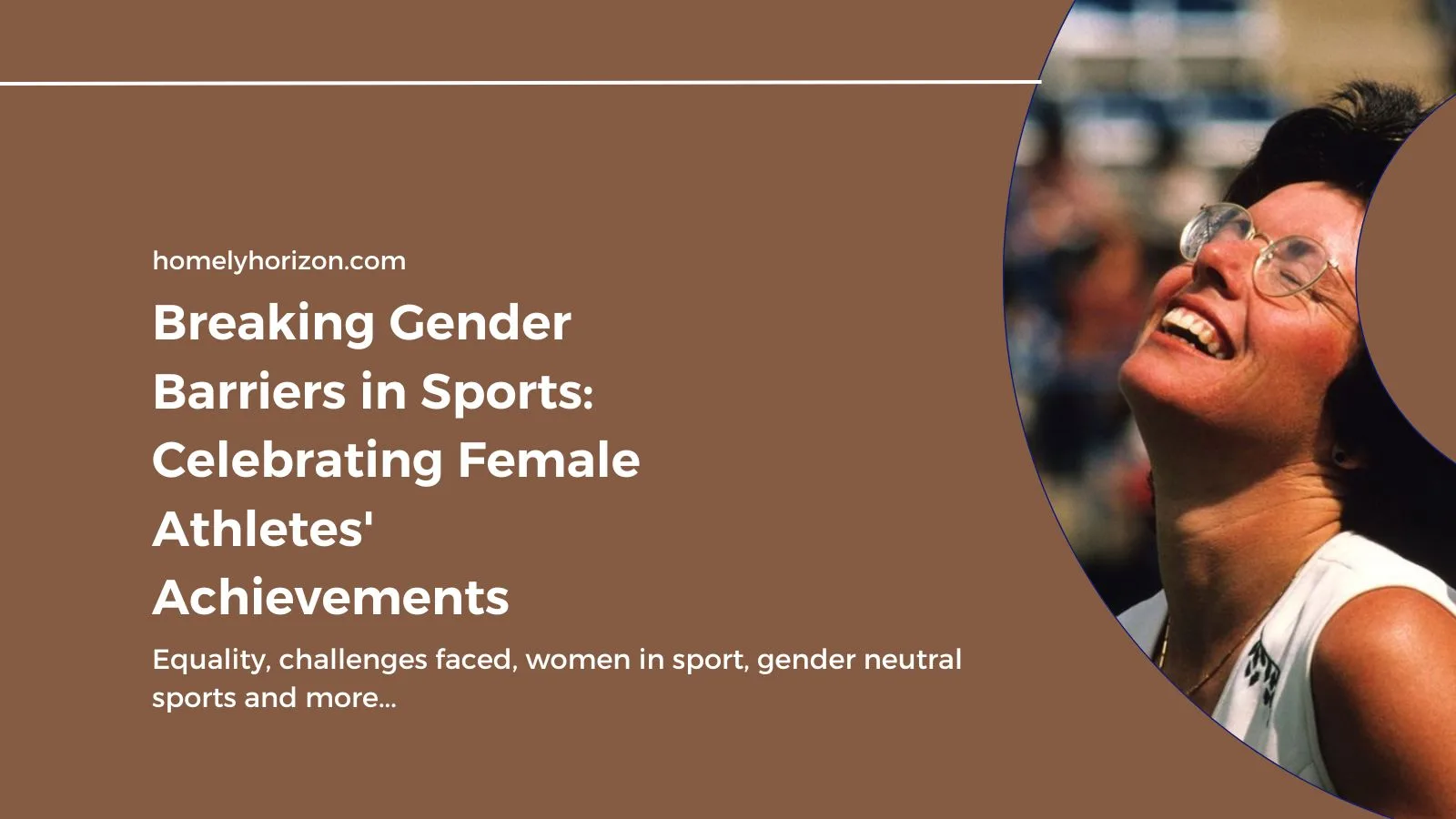






2 responses
Proud of you for bringing this together and educating people on it. Truly unforgettable achievements- the ladies have made and deserve to be praised and known!
Thankyou So Much Tamanna for admiring our work